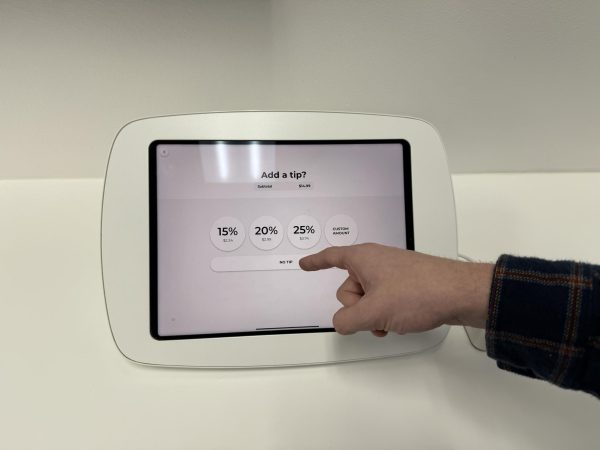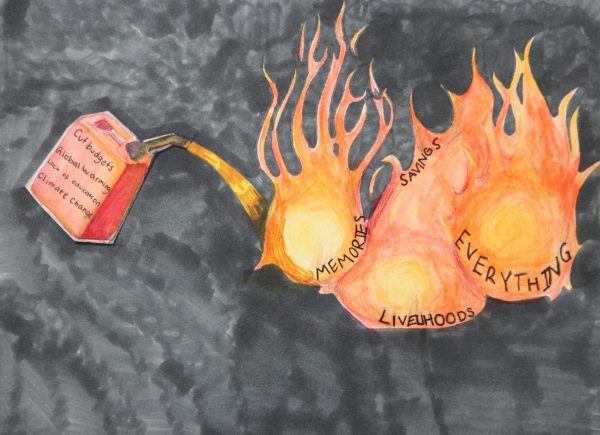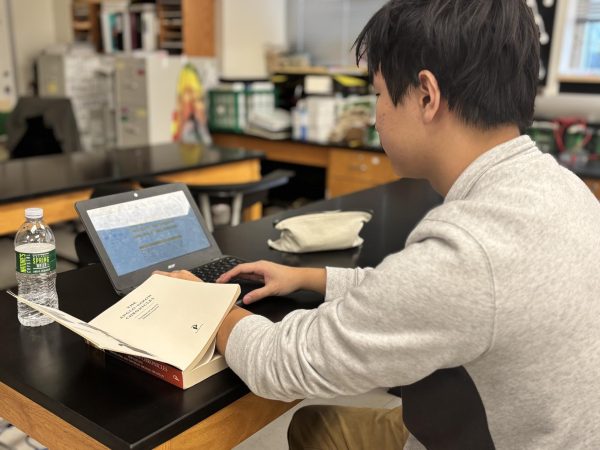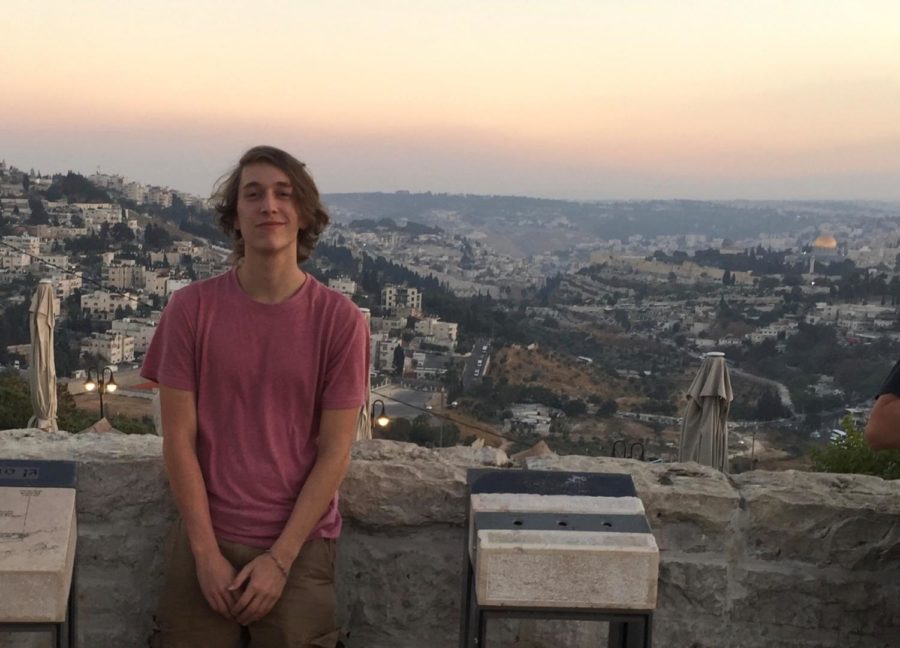An Atheist Pilgrimage Part I
Media by Michael Schmitz
Sunset in Jerusalem, September 4, with the Old City in the distance.
Today is my tenth day in Israel, and writing that statement feels surreal. For the first four months of my senior year I’ll be a student in Israel – learning Hebrew, taking a Jewish history class and going on a dozen trips across the country to visit its ancient sites.
The reason I decided to take this peculiar leap and travel 7,000 miles to Israel was primarily to take a closer look at the controversial political situation of the region and to experience the culture shock of the Middle East.
Everytime I walk out onto my street, I feel enveloped by this new culture. I’ll walk up the block and take a left turn on the roundabout. On my left lays a field I’ve deemed “Central Park.” It runs parallel to Hod HaSharon’s main street, dotted with abandoned crop rows and sheds. I cross the four-lane street, trying to remember if I should look to my right or left. In front of me lays the city center. In this three-sided square, is the best falafel stand in Israel. A three-minute hike passes, and I’m at my destination.
I say “Shalom,” and take a look at the handwritten menu, but I’d have better luck translating hieroglyphs. Hebrew characters are paired with an array of shekel amounts give me my lunch options. Giving up, I look to bearded, tan man behind the counter and smile. “English?” I ask. But he simply shakes his head. I resort to pointing at foods on display and hope that I don’t end up buying the item that’s 50 shekels.
I’m so immersed in this new culture that I feel like I
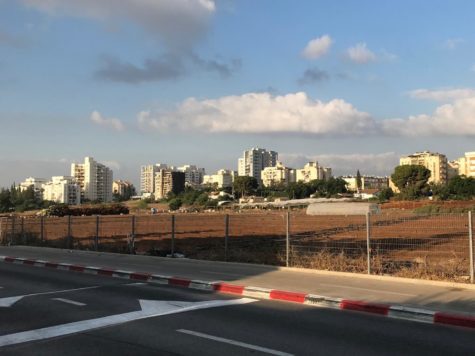
Morning in Hod HaSharon, September 3, overlooking “Central Park” and the city center.
’m drowning at times. The funny thing is though, for me the greater cultural shock might be the Americans I’ve met here.
The American program that I’m attending is situated on the outskirts of Tel Aviv, and it shares a campus with an Israeli boarding school. Being placed in a group of 35 American Jews, I realize there’s a lot I have to get caught up with. Of course only three of us speak a lick of Hebrew – not knowing the language is practically a tenant of Judaism – but the talk of B’nai B’rith Youth Organization chapters and Jewish overnight camps is its own language. To some of the Jews with me, our community is the most enduring connection they’ll ever have, and that’s why they’re so elated to be in a land where they don’t feel like the outsider. They, for the most part, have no better idea of what’s going on than me, but they’re pleased the strangers they meet wear Stars of David and not crosses.
There are moments when I share their amazement in this country. I’ll look down from the top of a hill onto a freeway in the valley below and realize in astonishment that all those hundreds of cars going to and from the city likely have a Jewish driver.
The shame is that this dream cannot be sustained for long. I’ll look at the news or hear a comment and remember that I’m in the depths of one of the most debated humanitarian situations of the 21st century. Instead of better understanding the different perspectives of this debate, I’ve only seen the insulated opinions of the Jewish population.
I came here because I wanted to learn if there was validity to the human rights abuses and the supposed segregation of Muslims and Jews, but those around me, whether teenagers or adults, have at best shown apathy to these topics.
In class, my Jewish history teacher proudly explained Israel’s ban on Representatives Rashida Tlaib and Ilhan Omar. “They said they wanted to visit Palestine, but there’s no country that exists with that name,” my professor said.
An American that I met, who’s been a citizen and living in Israel (this is otherwise known as “making aliyah”) for the past 15 years, said that national conflict between Muslims and Jews has been overblown by foreign media, affirming that “America’s institutionalised racism is worse.” According to this woman, the real issue that divides Israelis isn’t the Palestinian conflict or the sectarian divides, but the clashing interests of secularism and religious orthodoxy.
I still don’t know what to believe, and maybe I’ll never find a clear answer while I’m stuck in this American bubble.
I’m sure those at home will feel far more confident than me in jumping to a conclusion. We all are a part of communities that teach us what they want to believe, accurate or not. My friends at the Jewish Student Union will email me evidence showing that my concerns of Israel are unfounded, while others will send videos of abusive Israeli Defense Forces and say I haven’t dug deep enough. All these points will undoubtedly be true, but that won’t make either of the arguments behind them correct.
Alright well, this is Mike signing off – I have to go practice bomb shelter drills with the campus.
Your donation will support the student journalists of Marquette High School. Your contribution will allow us to purchase equipment and cover our annual website hosting costs. You may become a PATRON by making a donation at one of these levels: White/$30, Green/$50, Blue/$100. Patron names will be published in the print newsmagazine, on the website and once per quarter on our social media accounts.
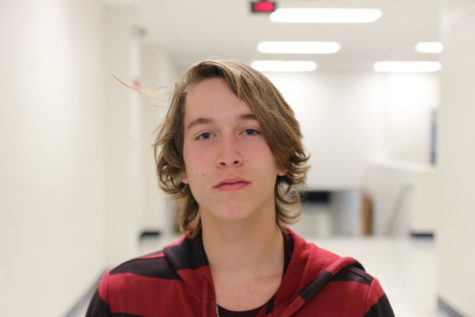
Michael Schmitz, senior, is a foreign correspondent for the Messenger. During his time in Israel, he will utilize his background in political analysis...




